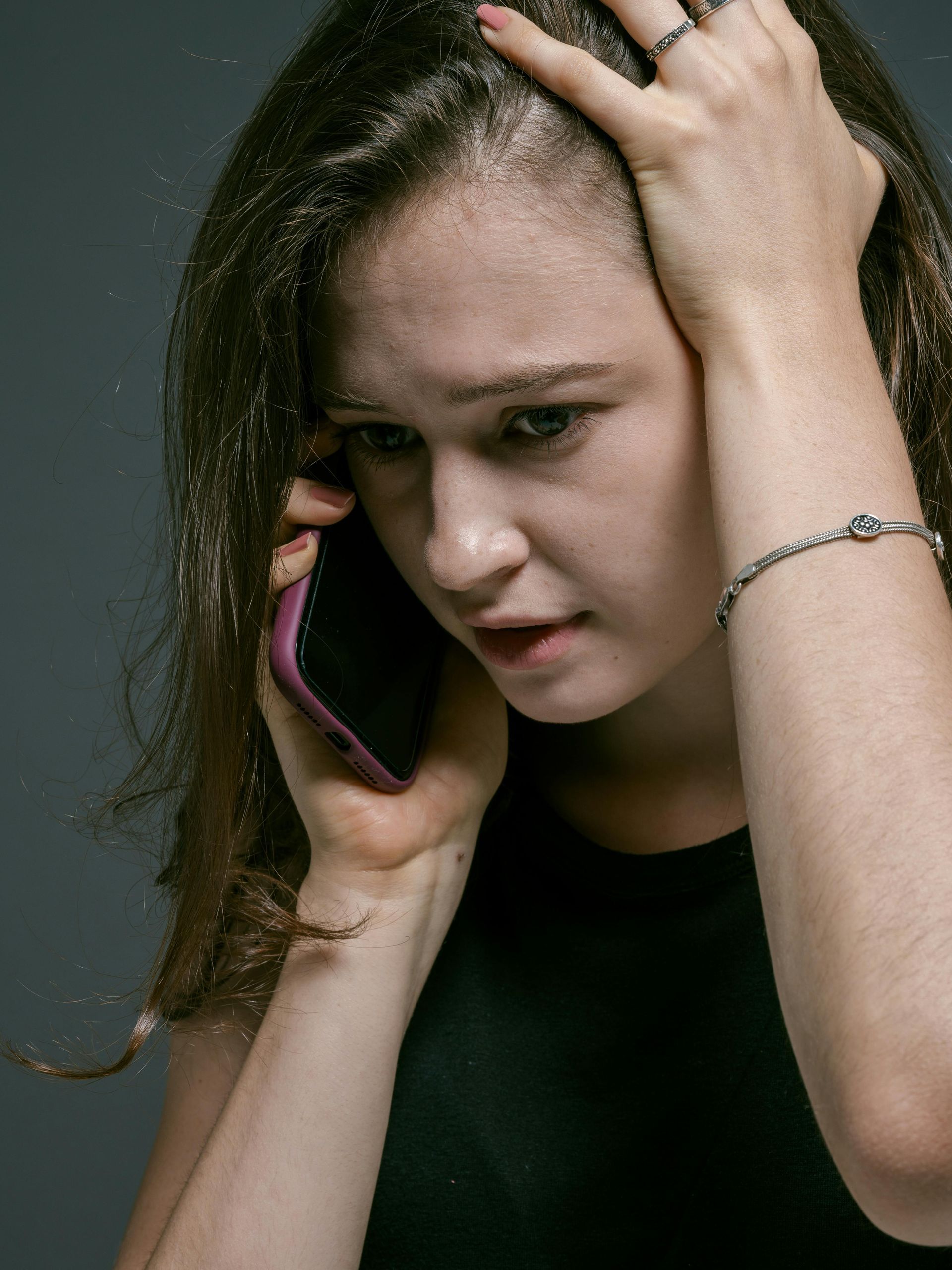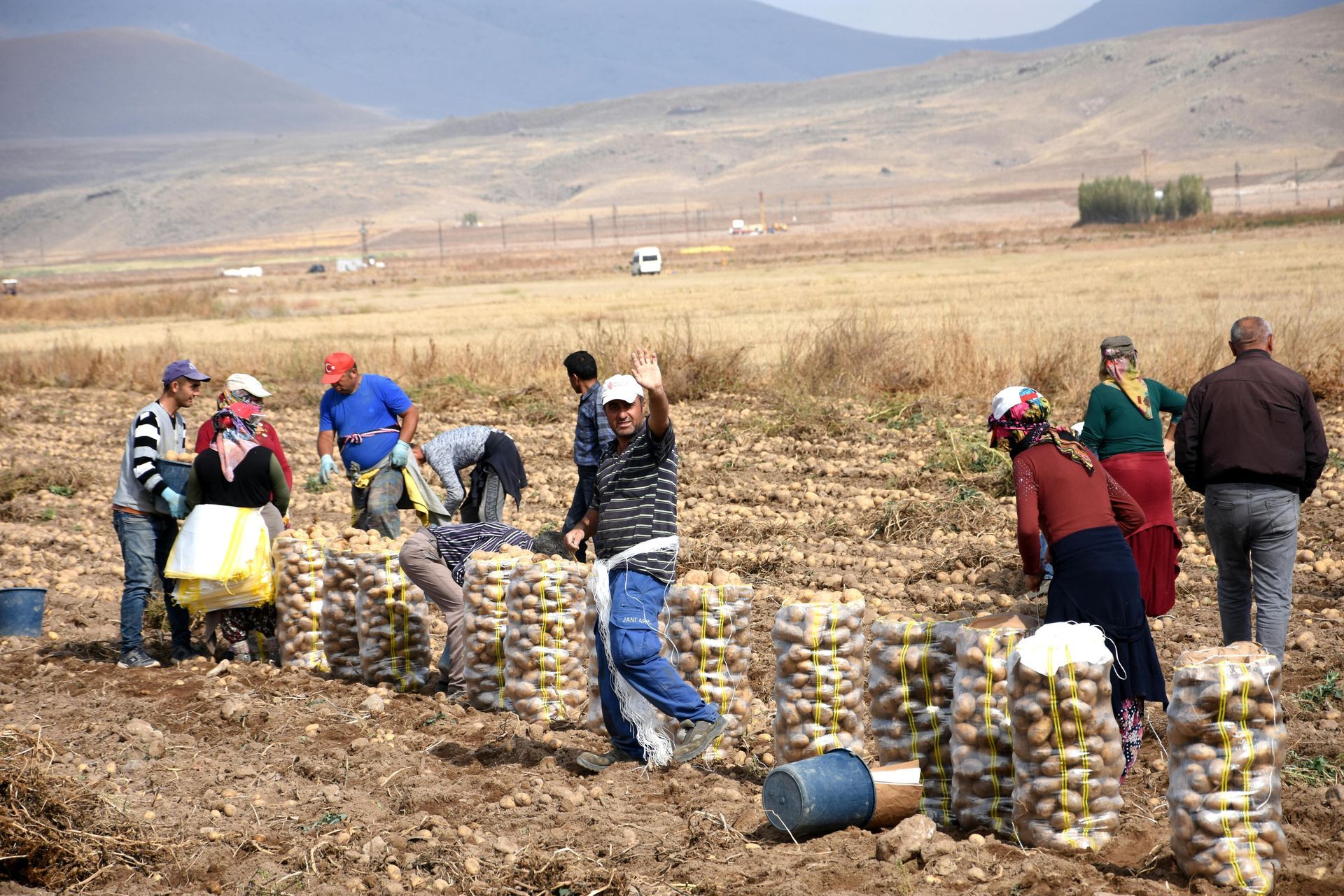Breaking The Chain: How To Stop Human Trafficking In Your Community🦋
Human trafficking, or the illegal act of forcing people into labor or sexual exploitation, is a widespread issue that often hides in plain sight. Thousands of victims exist right here in the United States...even within your own community.
However, knowing how to spot signs of trafficking can help save lives. This post will cover what you can do in your local Michigan community to raise awareness and understand how to stop human trafficking.
Key Takeaways
- Human traffickers trap their victims into forced labor and sex trafficking.
- Look for red flags - victims may not being able to speak or move on their own, they may have mysterious injuries, or not be getting paid for their work.
- Report any suspicious behavior to groups like the Department of Homeland Security or call the National Human Trafficking Hotline phone number.
- Raise awareness about trafficking by talking about it with friends, sharing on social media, or at community events. Education helps stop human trafficking.
- Support groups in Pontiac, Michigan fighting trafficking by donating your money or time. This helps support human trafficking survivors too.
Understanding Human Trafficking in Your Community
Human trafficking comes in various forms including labor trafficking and sex trafficking. Look for red flags like limited freedom or strange work hours. These small details can help to identify potential cases of human trafficking in your local area.
Common forms of human trafficking
Labor trafficking occurs when victims of crime are forced to work in involuntary servitude in places like restaurants, farms, and homes. They are often not allowed to leave or not paid fairly, if at all.
It's common they become trapped by false promises or by a debt they can't repay, resulting in debt bondage.
Sex trafficking is the act of forcing individuals into commercial sex acts against their will in places like massage parlors and hotels. Lured in by promises of meeting romantic partners is another way victims become trapped.
Recognizing signs and red flags
Watch out for these warning signs to combat human trafficking and help sex trafficking victims:
- Employers offering high pay for easy work are usually suspect, and may signal a potential trafficking situation.
- Avoid any job description lacking clear details about work tasks, or the company itself.
- Notice if someone seems to be under constant surveillance, or held back from contacting loved ones.
- Watch out for any use of force or threats meant to intimidate someone, these are big red flags. Physical injuries are another warning sign, some victims may experience violent crime.
- Human trafficking victims often are unable to access their personal accounts or identification documents. Traffickers confiscate these to create control.
- Look out for people moving frequently without reason.
- Victims often display signs of fear, including avoiding eye contact.
Protect your community from human trafficking by learning these signs and staying observant.
This is paragraph text. Click it or hit the Manage Text button to change the font, color, size, format, and more. To set up site-wide paragraph and title styles, go to Site Theme.
You can help to raise awareness in your community through education and advocacy. Here are some impactful steps to take.
Raise awareness through education and advocacy
To raise awareness about human trafficking, talk about the signs with your family and friends. Reach out to local leaders and law enforcement and demand harsh punishments for traffickers, as well as more support for victims. Attend community events bringing awareness to human trafficking cases.
Support local anti-trafficking organizations
To help stop human trafficking in your community, start supporting local anti-trafficking organizations like Hope Against Trafficking, based in Oakland County, Michigan.
By donating to anti-trafficking organizations like Hope, you are helping to create long-term support for adult survivors.
Promote community training initiatives
Another way to support is through community training initiatives. These events offer education, awareness, and human trafficking training.
By donating to these local or national organizations like Blue Campaign, you are helping to train civilians, businesses, law enforcement, teachers, and others on how to spot and handle human trafficking situations.
Protect Your Local Community
Slow the spread in your community by recognizing the signs of human trafficking. Support local Michigan anti-trafficking organizations, spread awareness through education, and promote community training initiatives.
Each small step in awareness creates a safer environment for everyone. By doing your part, we can all move together to end human trafficking and improve public safety for all.
FAQs
1. What is human trafficking and how can I recognize it in my community?
Human traffickers exploit victims through force or coercion into sex trafficking, child labor or domestic servitude. It's more common than you'd expect and may affect your family members, intimate partners or even employees.
2. How can I contribute to stopping human trafficking in my community?
You can raise public awareness, or join Human Trafficking Awareness programs provided by groups like the National Human Trafficking Resource Center. Always report suspicious activity to law enforcement agencies.
3. Can I report if I suspect someone might be a victim of human trafficking?
If you believe someone may be a victim of human trafficking, call your local police department or the Department of Justice's hotline number on their official website right away. Don't share sensitive information with non-secure websites.
4. What resources are available for victims of human trafficking?
Resources include safe housing and support from task forces organized by Federal agencies focused on countering human trafficking.






